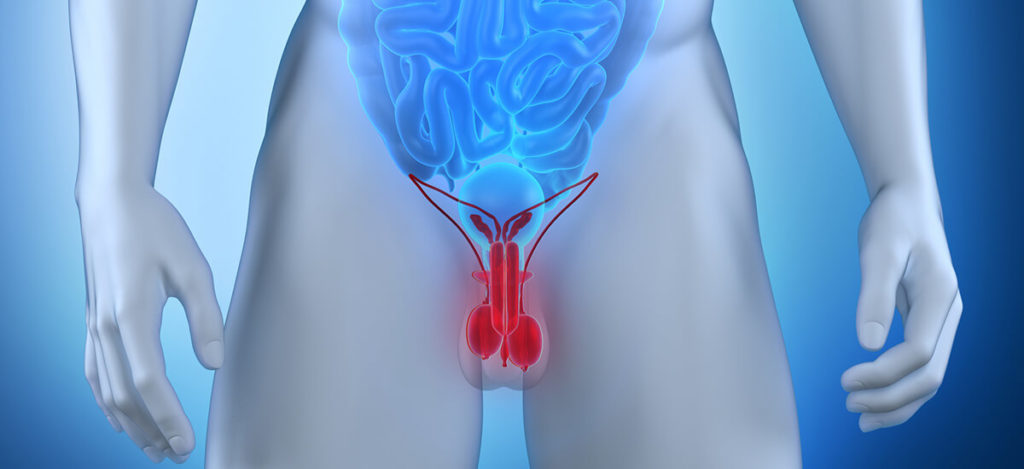Rationale: Chemoprevention is the use of certain drugs to keep cancer from forming, growing, or coming back. The use of eflornithine and sulindac may prevent colorectal cancer. It is not yet known whether eflornithine and sulindac are more effective than a placebo in preventing colorectal cancer.
Purpose: This randomized phase III trial is studying eflornithine and sulindac to see how well they work compared to a placebo in preventing colorectal cancer in patients with colon polyps.
Official Title
Phase III Randomized Chemoprevention Study of Eflornithine and Sulindac in Patients With a History of Adenomatous Polyps of the Colon
Conditions
Study Type
Interventional
Study Design
A total of 150 additional patients (124 randomized) will be accrued for this study within 18 months.
Further Details
Compare the rate of new adenomatous polyp formation in patients with a history of adenomatous polyps of the colon treated with eflornithine and sulindac vs placebo. Correlate the effects of eflornithine and sulindac on polyamine and prostaglandin content in the flat mucosa with the rate of new adenoma formation in these patients. Compare the rate of side effects in patients treated with these regimens. Outline:This is a randomized, double-blind, placebo-controlled, multicenter study. Patients are stratified according to participating center and aspirin use (yes vs no). Patients receive oral double placebo once daily for 4 weeks. Patients who are more than 70% compliant by pill measurement or self reporting are randomized to 1 of 2 treatment arms. Arm I: Patients receive oral double placebo once daily. Arm II: Patients receive oral eflornithine (DFMO) and oral sulindac once daily. In both arms, treatment continues for 36 months in the absence of unacceptable toxicity or the development of an invasive malignancy.
Study Start
Eligibility & Criteria
Ages Eligible for Study: 40 – 80 YearsGenders Eligible for Study: Both Disease Characteristics:
- History of ≥ 1 surgically resected adenomatous polyp of the colon measuring ≥ 3 mm within the past 5 years
- Screening colonoscopy performed within the past 6 months
- All polyps must have been removed during colonoscopy, pathologically examined, and archived
- No prior surgical resection removing > 40 cm of the colon
- No personal or family history of familial polyposis or hereditary non-polyposis colon cancer
Patient Characteristics:Age: 40 to 80 Performance status: SWOG 0-1 Life expectancy: Not specified Hematopoietic: Hematocrit ≥ 35%; WBC ≥ 4,000/mm^3; Platelet count ≥ 100,000/mm^3 Hepatic: Bilirubin ≤ 2.0 mg/dL; AST and ALT ≤ 2 times normal Renal: Creatinine ≤ 1.5 mg/dL; Urine protein ≤ 1+*; Urine casts 0-3*; Urine WBC and RBC count 0-5 cells(NOTE: *By urinalysis )Gastrointestinal: No history of inflammatory bowel disease, No gastric or duodenal ulcers within the past 12 months, Gastric or duodenal ulcers that were adequately treated > 24 months ago are allowed, No symptomatic gastric or duodenal ulcersOther: Not pregnant or nursing, Negative pregnancy test, Must have regional geographic stability over the next 36 months, Pure tone audiometry evaluation normal, Patients with ≥ 20 dB of uncorrectable hearing loss (for age) of any 2 contiguous frequencies are not allowed, No invasive malignancy within the past 5 years except adequately treated nonmelanoma skin cancer, level I (or Breslow < 0.76 mm) cutaneous melanoma, Duke's A colon cancer, stage I cervical cancer, or stage 0 chronic lymphocytic leukemia, No severe metabolic disorder, No other significant acute or chronic disease that would preclude study participation, No history of abnormal wound healing or repair, No conditions that would confer risk of abnormal wound healing or repair, No history of allergy to NSAIDs or eflornithinePrior Therepy:Biologic therapy
Total Enrolment
A total of 150 additional patients (124 randomized) will be accrued for this study within 18 months.
Contact Details
Australia, South AustraliaFlinder Medical Centres, Bedford Park, South Australia, 5042, Australia; Recruiting Graeme Young, MD 61-8-204-5267
All content and media on the HealthEngine Blog is created and published online for informational purposes only. It is not intended to be a substitute for professional medical advice and should not be relied on as health or personal advice. Always seek the guidance of your doctor or other qualified health professional with any questions you may have regarding your health or a medical condition. Never disregard the advice of a medical professional, or delay in seeking it because of something you have read on this Website. If you think you may have a medical emergency, call your doctor, go to the nearest hospital emergency department, or call the emergency services immediately.







